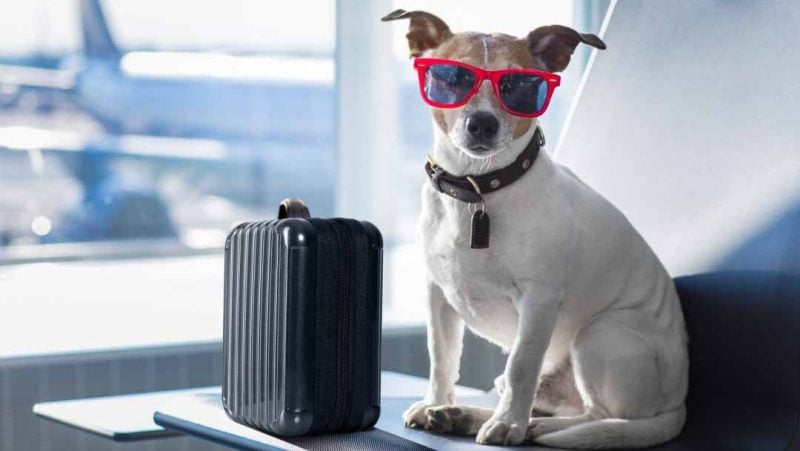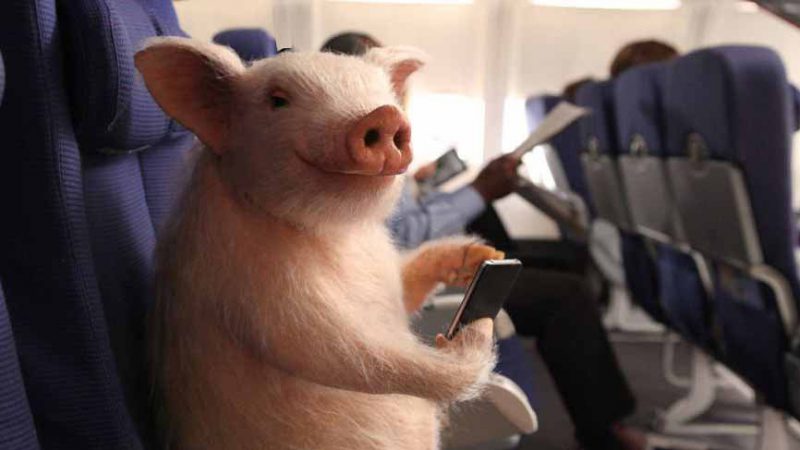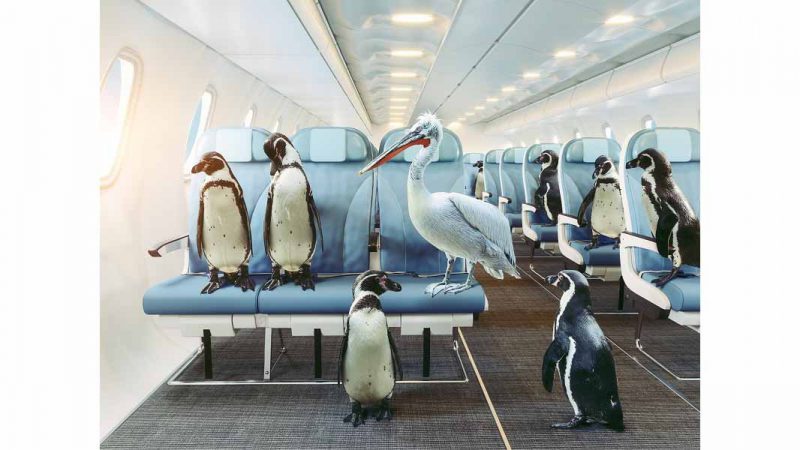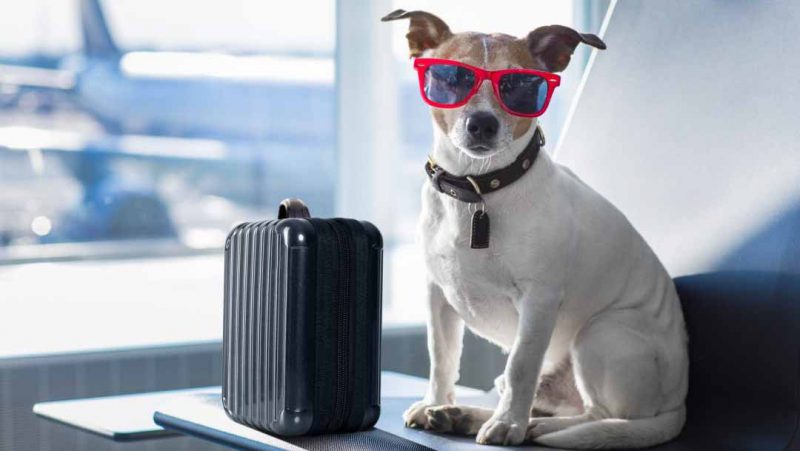Traveling with Your Pet? Maybe When Pigs Fly
New proposed rules by the DOT are trying to keep pets off planes through mounds of paperwork
January 24, 2020


The phrase “when pigs fly” could have become a reality … until this week. Airlines have been upholding liberal onboarding rules for pets, allowing cats, dogs, even miniature horses to board the cabin as service animals needed to offer support and comfort to passengers.
But a new proposed ruling set forth by the Department of Transportation may put an end to all that with its proposed amendments to its Air Carrier Access Act (ACAA) regulation on the transportation of service animals by air. The Notice of Proposed Rulemaking (NPRM) on Traveling by Air with Service Animals seeks to separate flyers with disabilities from flyers who want to take Rover on vacation and are making it harder for those who just love traveling with their pets to bring them onboard.
The NPRM proposes to:
• Define a service animal as a dog that is individually trained to do work or perform tasks for the benefit of a person with a disability
• No longer consider an emotional support animal to be a service animal
• Consider a psychiatric service animal to be a service animal and require the same training and treatment of psychiatric service animals as other service animals
• Allow airlines to require forms developed by DOT attesting to a service animal’s good behavior, certifying the service animal’s good health, and if taking a long flight attesting that the service animal has the ability to either not relieve itself, or can relieve itself in a sanitary manner
• Allow airlines to require passengers with a disability who are traveling with a service animal to check-in at the airport one hour prior to the travel time required for the general public to ensure sufficient time to process the service animal documentation and observe the animal
• Require airlines to promptly check-in passengers with service animals who are subject to an advanced check-in process
• Allow airlines to limit the number of service animals traveling with a single passenger with a disability to two service animals
• Allow airlines to require a service animal to fit within its handler’s foot space on the aircraft
• Continue to allow airlines to require that service animals be harnessed, leashed, tethered, or otherwise under the control of its handler
• Continue to allow airlines to refuse transportation to service animals that exhibit aggressive behavior and that pose a direct threat to the health or safety of others
• Continue to prohibit airlines from refusing to transport a service animal solely on the basis of breed

The public has 60 days to comment on the proposed changes.
Airlines and passengers have been plagued in recent years with incidents involving animals allowed on flights.
Alaska Airlines was named in a $1.1 million suit lawsuit after a 5-year-old girl was allegedly mauled by a pit bull at the airline’s gate in Portland in 2017.
Delta Air Lines also saw a pit bull attack incident unravel in recent years as a passenger was mauled by another passenger’s support pet. Delta has noted news report that it carries about 700 service or support animals daily, or nearly 250,000 annually — up 150 percent since 2015. The airline noted an 84 percent increase in animal incidents since 2016.
United Airlines also caught attention in recent years for refusing to allow a support peacock to board.
Although the rules tightening is raising the ire of travelers who take their pets on planes more for comfort than for the service of a disability, the move was applauded by Airlines for America, which underscored that airlines are committed to promoting accessibility for passengers with disabilities and ensuring their safe and successful travel and that limiting the definition of “service animal” to include only dogs trained to do work or perform tasks for the benefit of an individual with a disability is a positive step in that direction.
Under the new rules, service animals would have to be: “a dog that is individually trained to do work or to perform tasks for the benefit of a person with a disability,” and if that disability training includes managing a certain psychosis or psychiatric affliction, that would have to be shown.
In an interview with NPR, Jennifer Mathis, the director of policy and legal advocacy at the Bazelon Center For Mental Health Law, said she applauded the inclusion of service dogs helping people with psychiatric disabilities. “If you use a service animal, service animals should be treated the same whatever type of disability you have.” But, she added, the definition of service animal might be too narrow. “There are many legitimate reasons why people may use an assistance animal … that accommodates a disability, a real disability and accommodates that disability in a very, very real and important way, even though it’s not specifically trained to do a task.”
The new rules would require passengers who wanted to travel with their pets to fill out a variety of forms and offer professional proof that their animal is, indeed, a service animal.





